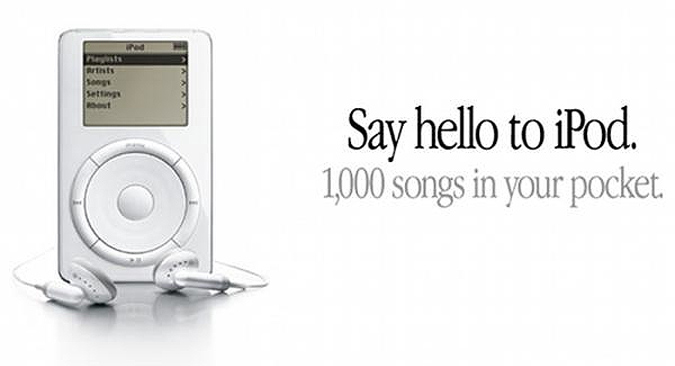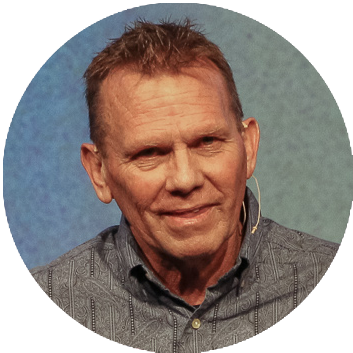
Make Friends With Benefits
"That's all wonderful," I said, "but you should consider this: people don't buy features or technology. These things matter, don't get me wrong. But they aren't what motivates most people to buy."
The client looked at me, skeptical.
"When you bought the car you are currently driving," I said, "did you walk into the dealership with a list of features and required technology?"
"Uh, no. Not really."
"You had in mind a style of vehicle – sedan, sports car, SUV – and a couple brands that you like, that you identify with. Then you saw within those parameters a couple models that really spoke to you. Or you had seen a couple of vehicles on the road that you were attracted to. Those are emotional responses. Most likely, only then did you seriously consider or compare features."
"That's right," said the client.
"People rarely buy what they need. They buy what they want."
— Seth Godin
"All purchases are emotional. People care about two things: how are they going to benefit from purchasing your product or services – how will you transform their lives – and why are you in business."
The client looked stunned for a moment. Then I could see the light start to come on in his mind.
"Look, you can convince me how great your technology is quite easily – especially if I'm not an expert in your industry – but without communicating how it's going to transform my life it's not likely I will ever invest in it emotionally. But, consider this, if you get me to see the one way your product will make my life easier or my work more efficient then I might be willing to overlook any technical deficiencies it has, or any missing features. If I'm emotionally attached I will find reasons to do without some features. In reverse, the product can have all of the coolest features in the world, but if I don't 'like' it I'm not going to buy it."
"I see."

"Let me give you an example," I said. "Most of us understand why Apple is in business. They make elegant products that are simple to use and that bring a particular style to our lives. There were other portable music players around with the same or similar features before Apple introduced the iPod, yet the iPod dominated the market. The original ads featured people moving and dancing to music in silhouette and ended with one of them putting '1,000 songs in your pocket'. Now that's life transforming: 1,000 songs in my shirt pocket. I could do something with that."
"You see, I trust Apple because I know why they are in business. And their iPod meant I could have music on my bike rides and runs. I could even have 1,000 songs with me on long plane rides. It all seems so common now, but it wasn’t then. It was unique and transformative. It meant we could take an important part of our lives anywhere we went. Apple sold its huge benefits."
"I get it."
We buy benefits. It doesn't matter what industry or product segment. When considering how to market your services and products this needs to be foremost in your mind. Keeping this in mind will focus your message and allow you to tell your story in a few words. Benefits were made for bullet points. Features still need to be a part of the story, but that's for people who have already formed an emotional bond with the benefits you offer. Features support the customer's emotional connection to what you are selling. Too often companies place their focus in the wrong areas. In your quest to build your brand focus on why you are in business and the benefits your products and services deliver.





 Jack McDaniel has been a great resource to CognitiveScale. He has helped build out a new website, write content, and develop a management dashboard to help us track Marketing KPIs. He quickly understood our business and contributed to writing and editing content, which has always been a challenge for us given the complexity of our technology. Jack was able to dive right in and contribute to our new messaging, and then translate this to SEO, advertising, and a number of Marketing campaigns. And his work drove results that were very valuable."
Jack McDaniel has been a great resource to CognitiveScale. He has helped build out a new website, write content, and develop a management dashboard to help us track Marketing KPIs. He quickly understood our business and contributed to writing and editing content, which has always been a challenge for us given the complexity of our technology. Jack was able to dive right in and contribute to our new messaging, and then translate this to SEO, advertising, and a number of Marketing campaigns. And his work drove results that were very valuable."
